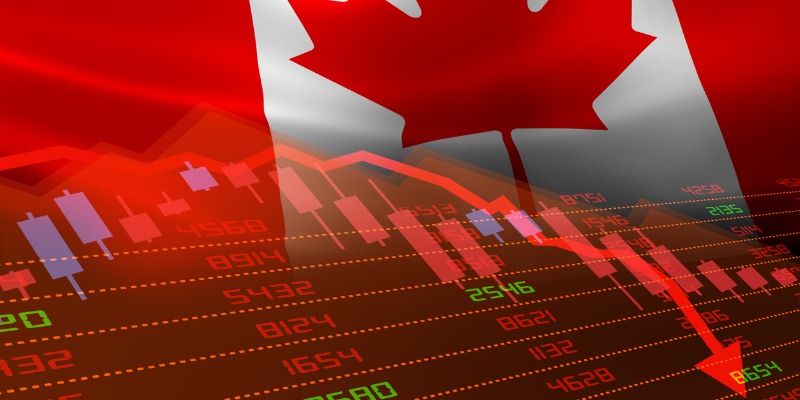Federal government’s upcoming budget must address ‘growth deficit’

There’s been much debate about Ottawa’s budget deficits, borrowing, and the need to rein in spending, particularly given current inflationary pressures. But what’s missing is a discussion about the “growth deficit.” The Trudeau government’s policies have largely been about redistributing existing income rather than growing it, and the few policies actually aimed at promoting economic growth have failed. The upcoming federal budget is an opportunity to reset.
The Trudeau government was first elected in 2015, in part on a promise to improve economic growth. Unlike its successful Liberal predecessor (the Chrétien government), the Trudeau government pursued tax increases, large-scale spending increases to finance expanded and new programs, and significant borrowing coupled with a more activist approach to economic development where Ottawa—not investors, entrepreneurs and businessowners—picks winners and losers.
By almost any measure of economic growth, the Trudeau government compares poorly with previous governments in comparable pre-recession periods. For instance, on total GDP growth (inflation-adjusted), between 2016 and 2019 the Trudeau government recorded average growth of 2.1 per cent compared to 4.6 per cent during the Chrétien years (1997-2000). On per-person GDP growth, growth in family income (measured several different ways) and growth in individual income, the Trudeau government generally trails the Harper, Martin, Chrétien and Mulroney governments during comparable pre-recessionary periods.
Simply put, the tax, spend, borrow and regulate economics of the Trudeau government, which stand in stark contrast to the policies that dominated Canada from the early-1990s through to Trudeau’s election in 2015, have not improved the economy or living standards of Canadians compared to previous regimes.
The federal Department of Finance also acknowledges that growth prospects for Canada going forward are comparatively poor. In the last federal budget (see chart 28), the Trudeau government referenced a study by the Organization for Economic Cooperation and Development (OECD) showing Canada ranked 17th of 17 countries on expected growth in per-person GDP (inflation-adjusted) through to 2060.
Moreover, according to the study, which covers 32 industrialized countries for the periods 2020-2030 and 2030-2060, Canada will record the lowest level of growth in per-person GDP in both periods. Specifically, Canada’s average per-person GDP will grow from US$47,228 to US$64,315 over this period (2020-2060). Among the 32 countries analyzed, Canada will fall from the 16th-highest per-person GDP in 2020 to an expected 25th by 2060 as other countries record stronger growth. Countries as diverse as the Czech Republic, Estonia, Israel, Italy, Korea, New Zealand, Slovenia and Turkey, which currently have lower levels of average per-person GDP, are expected to leapfrog Canada by 2060 with higher per-person levels of GDP, which means these countries are expected to have higher living standards than Canada by 2060 because of stronger economic growth.
A different way to think about Canada’s current abysmal growth prospects is relative to the OECD average. In 2020, Canada’s average per-person GDP (US$47,228) was relatively close to the 32-country average for the OECD (US$50,954). By 2060, due to poor economic growth, Canada’s per-person GDP (US$64,315) is expected to be more than 20 per cent less than the OECD average (US$80,646).
There’s a solution, but it requires the Trudeau government to fundamentally reset policies and return to the ideas of the Chretien Consensus, which was the general agreement among most political parties across the country between the early-1990s and 2015 (or so) on the efficacy and soundness of balanced budgets and reducing debt, lower but more effective government spending, tax relief (to encourage innovation, entrepreneurship and investment), and more neutral industrial policies aimed at creating a hospitable investment environment rather than picking winners and losers. Such policies would restore economic growth and prosperity for Canadians. And the upcoming federal budget is a good place to start.



